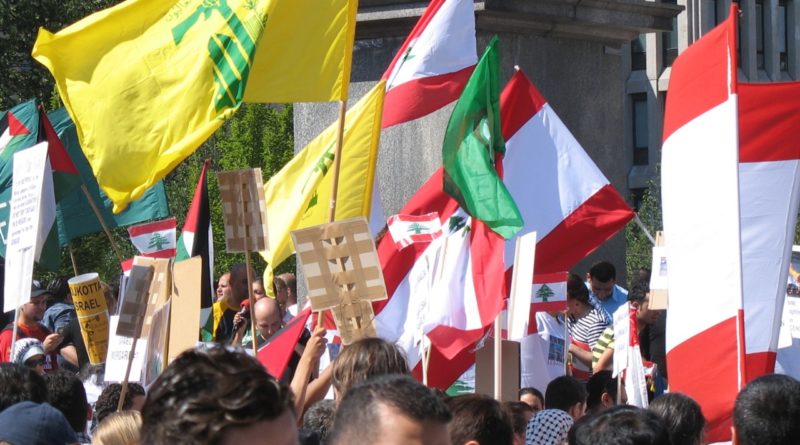Hezbollah in Latin America: Should We Be Worried?
By Julian Palmer, Research Associate at the Council on Hemispheric Affairs
Government corruption, armed conflict, and drug-related violence continue to plague Latin America. The ongoing government meltdown that began in Brazil in 2015 has clouded the country’s economic and political future. Although the recent peace agreement between the Revolutionary Armed Forces of Colombia (FARC) and the Colombian government is a significant victory, many drug cartels and criminal groups remain active in Colombia. Venezuela is also suffering from severe economic and political crises. To make matters worse, the Shiite terrorist organization, Hezbollah, is allegedly present in Latin America and active in the underground criminal nexus, contributing to the violence and political quagmire that has engulfed much of the region. Indeed, Admiral Kurt Tidd of the U.S. Southern Command (SOUTHCOM) considers “the illicit networks” of Latin America to be “the biggest security challenge” facing the Western Hemisphere. However, one must be aware of the consequences of such statements. The situation may sound worse than it actually is because some unprincipled politicians frequently exaggerate and frame stories for political purposes. Propaganda of this nature is dangerous because it tends to increase public support for military interventions, expand the power of government, and limit the rights of the people.
This analysis is part of COHA’s Publication The Washington Report on the Hemisphere (WRH) – Issue 11, Vol. 36. To access the full version, click here.
The WRH is widely considered to be one of the most respected and reliable publications of its kind. Subscribing to the WRH supports COHA’s mission to promote the expansion of human rights in Latin America, as well as to encourage beneficial U.S. foreign policy towards the region.


